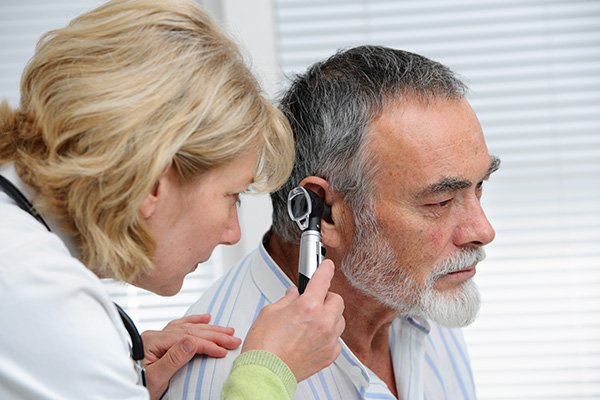Dr. Tamez Awarded 2021 TX Top Doc
Congratulations to Dr. Tamez for being awarded a 2021 TX Top Doc!! The


Congratulations to Dr. Tamez for being awarded a 2021 TX Top Doc!! The

What Causes Ear Infections? Colds and Flu come with the worst side